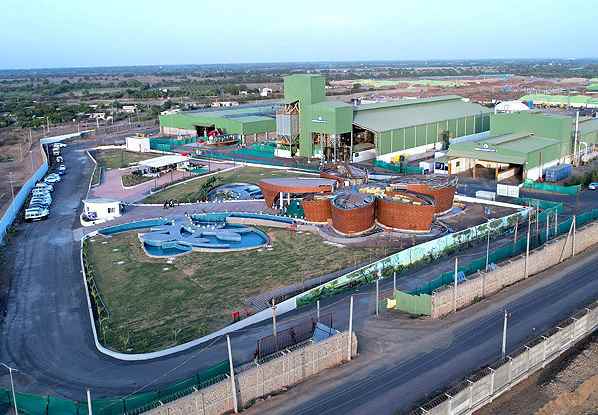

New data from International Energy Agency (IEA) has projected that demand for biofuels will increase and will become 6% of the anticipated energy demand for the global road transport by 2030. IEA December report titled “The Role of E-fuels in Decarbonising Transport,” the robust growth is attributed to policies and planned project additions with the forecasted 6% share equivalent to 5.3 exajoules. The report highlights the significance of biofuels in the broader context of decarbonizing the transport sector.
The IEA report emphasizes that “liquid biofuels” will continue to dominate road transport, maintaining a 98% share by 2030.
In 2022, road transport accounted for nearly all liquid biofuel use, a trend expected to marginally decrease to 98% by 2030, as indicated in the IEA’s October World Energy Outlook. Biofuels represented 2.2 million b/d of oil demand in 2022, constituting 5% of road transport demand.
To expand biofuels beyond 9 exajoules, exploration of alternative feedstocks not competing for land resources for food and feed production is necessary. The December IEA report identifies new feedstocks compatible with existing technologies, offering around 8 exajoules of liquid biofuel potential, but faces challenges such as higher costs, sustainability criteria, and the need for dedicated policy support.
Organic feedstocks like agricultural and forestry residues, as well as municipal solid waste, offer additional supply potential but are limited in deployment at scale and face competition from other bioenergy uses.
Global biodiesel demand is anticipated to continue growing, reaching over 1.4 million b/d in 2025, reflecting the industry’s upward trajectory. S&P Global Commodity Insights analysts project this increase from around 1 million b/d in 2022 and less than 600,000 b/d a decade ago, primarily used for blending in road diesel.
While biofuels are expected to play a significant role in the future of transport, factors like electric vehicles (EVs) contribute to the displacement of oil demand.
The curtain raiser for the 2nd edition of the India Bioenergy & Tech Expo (IBETE…
In light of the ongoing debate on whether flue gas desulphurisation (FGD) systems in coal-fired…
In a key step toward advancing clean energy adoption, Ahmedabad headquartered IRM Energy Ltd has…
Biofuels conglomerate Aemetis has announced that its subsidiary in India – Universal Biofuels – has…
The Greater Noida Industrial Development Authority (GNIDA) has commenced construction of a 300-tonne-per-day (TPD) bio-CNG…
The World Earth Day – with this year’s theme on ‘Our Power, Our Planet’ –…